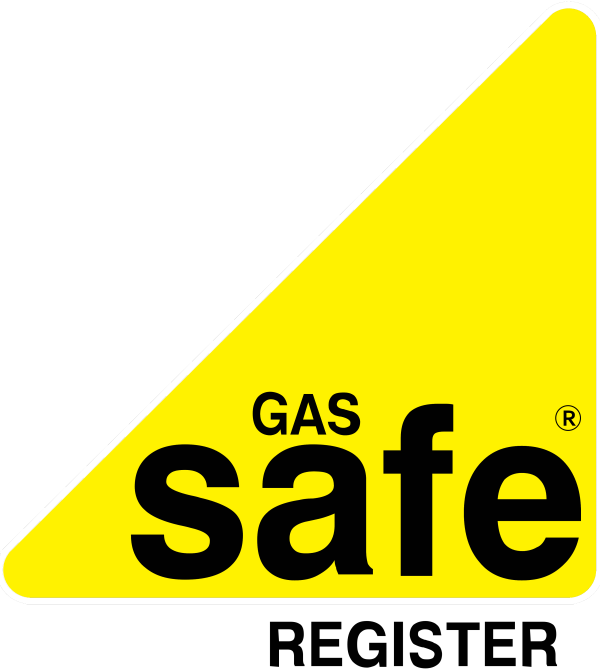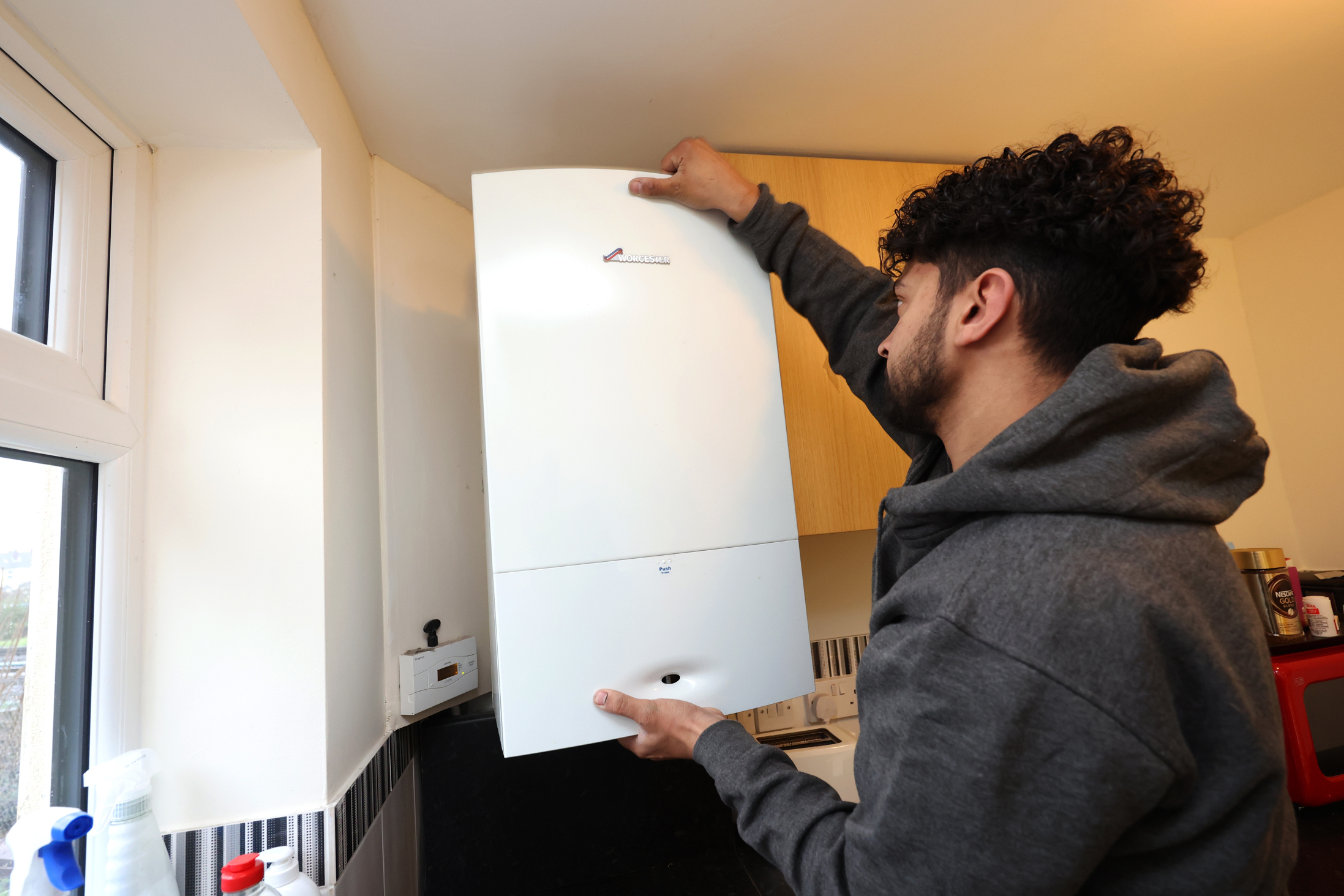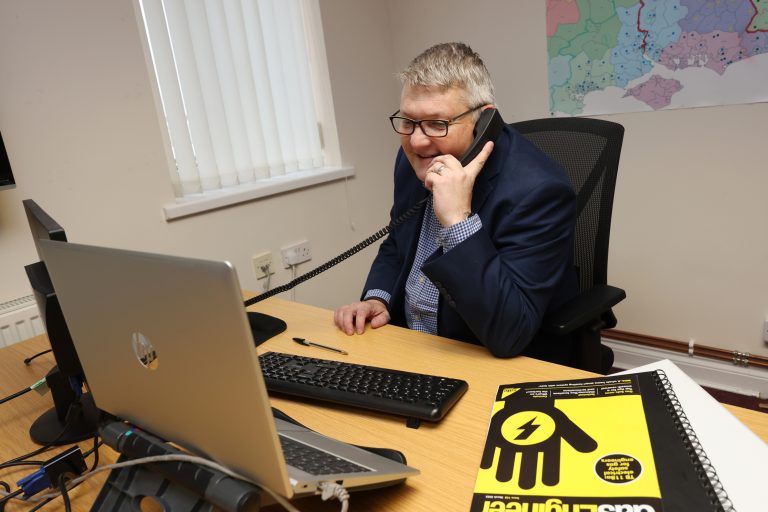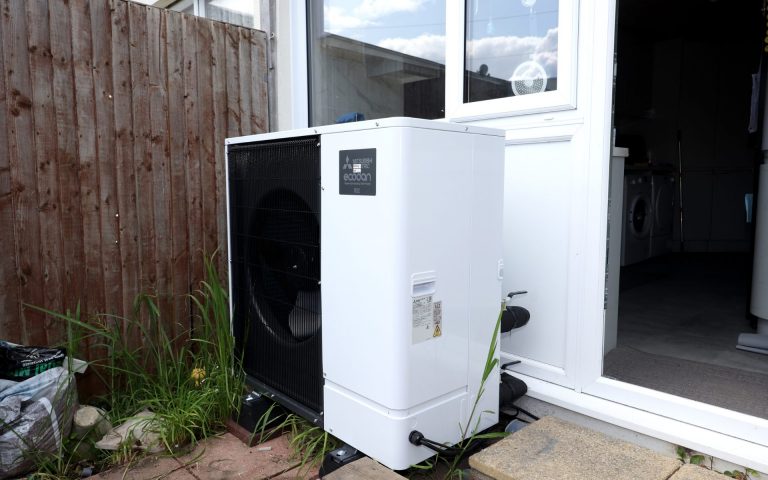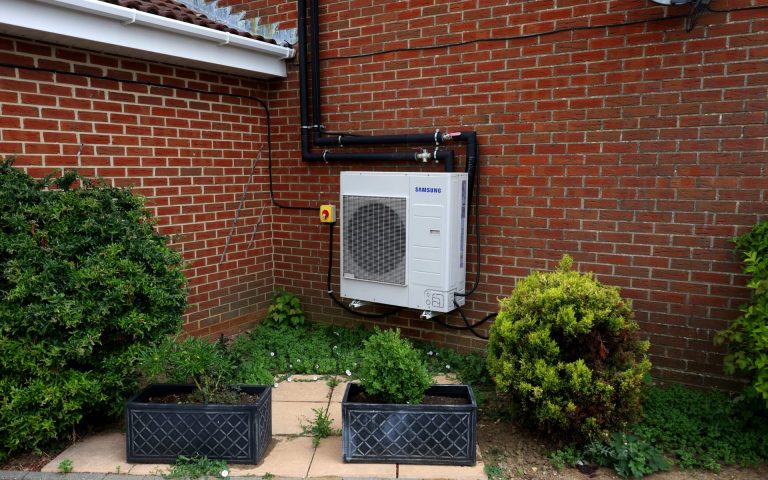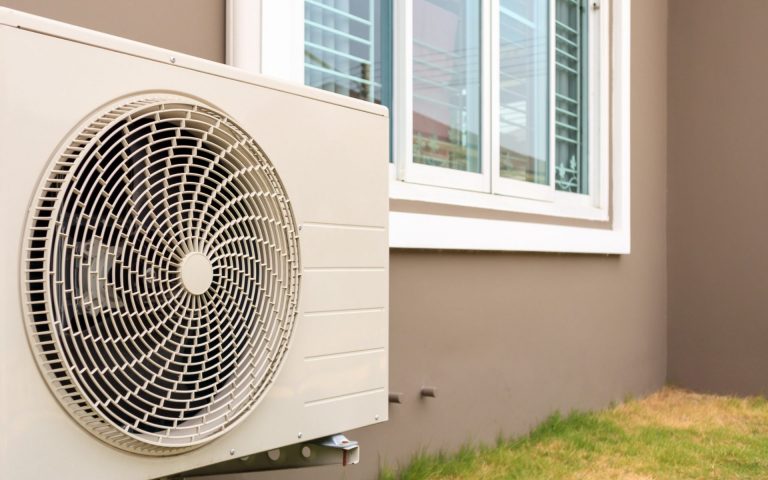When it comes to boilers, size really does matter.
As consumers, it’s ingrained in us to always purchase the ‘biggest’ we can afford. But this logic doesn’t work when it comes to boiler size.
There is no point in buying the biggest boiler for your buck, when it doesn’t match the pipework, radiators and demand of your home. All you will end up with is an inefficient boiler that can’t work to its full potential, and a heating system in your home that doesn’t function correctly.
“I don’t think my boiler is big enough”
Boiler size is a really important issue when it comes to heating your home, but it often gets overlooked or misunderstood by those without the expert knowledge of how a heating system works. And that’s what we’re here for!
It’s quite common for heating engineers to receive complaints from clients, believing that they need a bigger boiler than what they’ve been provided with.
However, identifying the correct boiler size for a home is a multi-faceted process that only an experienced heating engineer would be able to undertake. Simply choosing the biggest boiler for your budget could leave you with a poorly functioning heating system (see our blog about boiler short cycling) as well as higher energy bills due to boiler inefficiency.
Why is boiler size so important?
There are various elements that need to be taken into consideration when it comes to boiler size.
Radiators
The old school rule of thumb for determining boiler size is to base it on 1.5KW per radiator, so the boiler power evens out over the house. In a new build home, this can reduce to 1KW per radiator.
You might be thinking, what about the hot water? Historically, we would also have allowed an additional 3KW for hot water demand for a Regular or System boiler with stored hot water. However, due to it now being deemed as an intermittent load, we no longer need to allow this when calculating boiler size.
So, in a house with 8 radiators, you would be looking at around 12KW of heating.
It’s also important to take into consideration the size of the radiators in relation to the room they need to heat. A room with a radiator that is too large would use up more power than it needs to in order to adequately heat the room. Likewise, a radiator that is too small could use the maximum power output and still not heat the room. These are all things to consider when replacing a boiler to identify whether other parts of the heating system need to be changed to make it as efficient as possible.
Hot water and Combi Boilers
For homes with multiple bathrooms, it may be more about the hot water and less about the heating. A Combi boiler output is all about the hot water, so effectively the higher the output of a Combi boiler, the bigger the flow of hot water it can produce.
If the cold water flow into the house is low, then you don’t need a higher output boiler.
Pipework
Let’s not forget that the power is only as good as the pipework. Regardless of how big your boiler is, you can only get a certain amount of heat up a pipe!
Here is the maximum output you can get for differing pipe sizes:
- 15mm – 9KW
- 22mm – 13 KW
- 28mm – 22/23 KW
For example, if you have a 24KW boiler but 22mm pipes, the maximum output you can get through your pipework is 13KW. As this is much less than the boiler can deliver, this would render this size boiler ineffective and inefficient. You would be much better off with a smaller sized boiler.
A property with a heating output of 27.5 KW would find that a boiler size of 30KW would be more than sufficient for both heating and water requirements.
So my boiler’s too big, what’s the worst that could happen?
Hopefully this article has explained the importance of matching the size of your boiler to your requirements, rather than just choosing the biggest boiler you can afford.
Costly repairs
If a boiler is too powerful for the demand of a house, then it may start short cycling. This is when it fires up but then quickly turns off again. If your boiler is too powerful for the home it’s trying to heat, it will turn off soon after firing up as it quickly reaches the maximum output for pipework and radiators.
This can lead to the boiler overheating, which over time would cause damage, potentially leading to costly repairs and possibly a replacement boiler. For more information on this particular boiler problem, having a read of this blog.
Inefficiency and higher energy bills
If something triggers your heating system to come in – For example, your thermostat dropping below a set temperature – your boiler will power on. If every time it turns on, it produces more power than the possible output, it’s using more fuel than it needs.
If it uses more fuel than is needed to heat your home, you’re not only wasting energy (which is bad for the environment) but you’re also going to be paying more in your energy bills than you need to be paying.
It’s like driving a Rolls Royce around the Isle of Wight
Here at Aura Heating we have a favourite analogy to help explain all this to our clients. If you drive a Rolls Royce around the Isle of Wight all day, speeding up and slowing down, it would be incredibly inefficient in comparison to driving on the motorway at a consistent speed.
There is no point in having a big boiler if it doesn’t match the demand of your home and the output it can manage.
Our local heating engineers have the expert knowledge needed to identify what boiler would be the right size for your home. If you’re due a boiler replacement, or you think your boiler may be too big for your home, then get in touch with us today.
